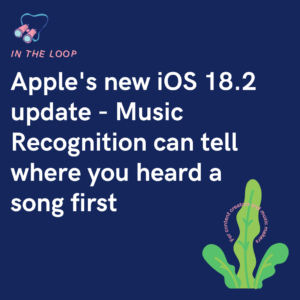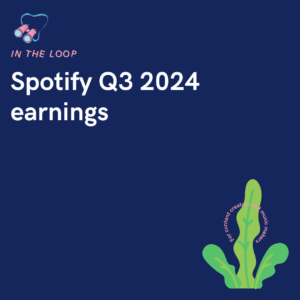Within a recent survey it’s come to light that TikTok is the fastest growing news outlet. More and more individuals are taking to the video platform and with this learning about what’s going on in the world. Is it a good thing people are educating themselves, or should we be concerned about how reliable the source is?

According to a survey conducted by Ofcom, TikTok is the fastest growing new source in the UK. This is among adults too, so we can’t even blame the younger generations for being glued to their phones. The app is used by 7% of UK adults as a reliable news source. This number was at 1% in 2020. The survey shows just how rapid TikTok’s growth has been. It has a hugely popular presence in the digital world.
The app itself has become a platform for information being spread. Within the US, it’s been estimated that 40% of those born between 1997 and 2012 use either TikTok or Instagram as their main information source. This is anything from places to eat, things to do within the area, to reviews. Previously, Google Maps was largely used for this, or even just Google themselves. Now it seems Gen Z are after a one-stop shop, rather than using multiple resources.
16 to 24-year-olds
TikTok is only the 6th most popular platform amongst those aged 16 to 24. Despite it being extremely popular, it hasn’t quite hit top spot. Within the UK too, more individuals use the BBC website or app over TikTok for a news source. Which, makes sense due to it being a platform to share news articles. With TikTok, you don’t get to read the resources, instead the story gets told to you. Perhaps this is why many turn to it because it removes the need to read for yourself.
Instead, you can listen to news updates on the go, by just flicking through videos. 29% of UK people between 16 and 24 use the BBC (online/app) as their news source, 35% use Twitter, 36% use BBC TV updates, 40% go to Facebook and Instagram have 46%. So, overall people are turning to social media more and more. Will TV news channels eventually be wiped out due to lack of interest? Is it the older generations that like to watch the news? Technically those checking it out on TikTok are also watching the news.
12 to 15-year-olds
Within this age bracket, the need for social media updates is even greater. Arguably this is a good thing, because children’s social accounts can be guarded by parents, you can add restrictions and block certain words. This allows you to shelter them from really extreme news that they might otherwise see. TV news channels don’t allow for that. While it is important to keep children updated on the world, there are some things you might wish to protect them from.
The top three sources are Instagram at 29%, YouTube and TikTok both then tie for 28%. So, there really isn’t much in it between them all. It suggests children pick up information by audio and visual learning more than they would reading about it on the BBC website. All of these statistics are overruled by talking to family which is where 65% of this age bracket get their news updates from. This is a great way of them finding out news because it can be tailored to each child’s understanding through their loved ones.
Is information from social platforms reliable?
You might not get the same level of facts, figures and quality from social platforms that you could from either a newspaper or online source. However, teenagers and young adults are far less likely to decide to read about the news, or switch the TV channel to a news outlet. Having news broken down into digestible pieces, even if not completely thorough is much better than not being able to access news at all and being clueless to what’s going on around us.
Platforms such as Twitter are stamping down on misleading information about topics being released. As other platforms continue to grow in popularity, especially towards news related topics – it’s likely they’ll follow Twitter and try to remove incorrect information. Social media have far more varied topics from across the world covered. In fact, it could be argued younger generations will be clued up about problems in countries that many adults would never hear of.
This is due to each country having its own news to update TV stations and newspapers with. They can’t simply cover it all. Whereas, if people across the globe are discussing various topics, teenagers have access to all of it. Could this mean we’ll have a generation approaching that are more engaged with the world as a whole rather than the bubble of their own country? It’s important we continue to vet each source though. Being not clued up is worse than being misinformed. Having access to incorrect information means you’ll pass on this news.





